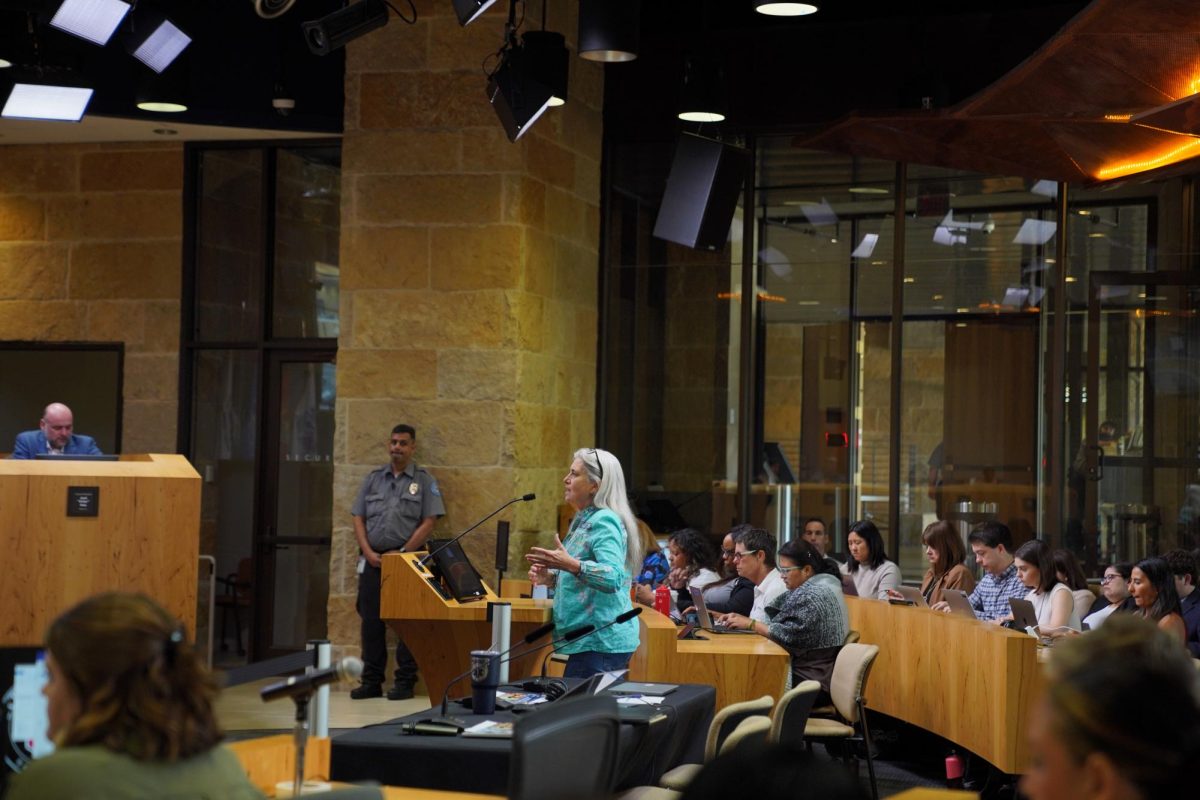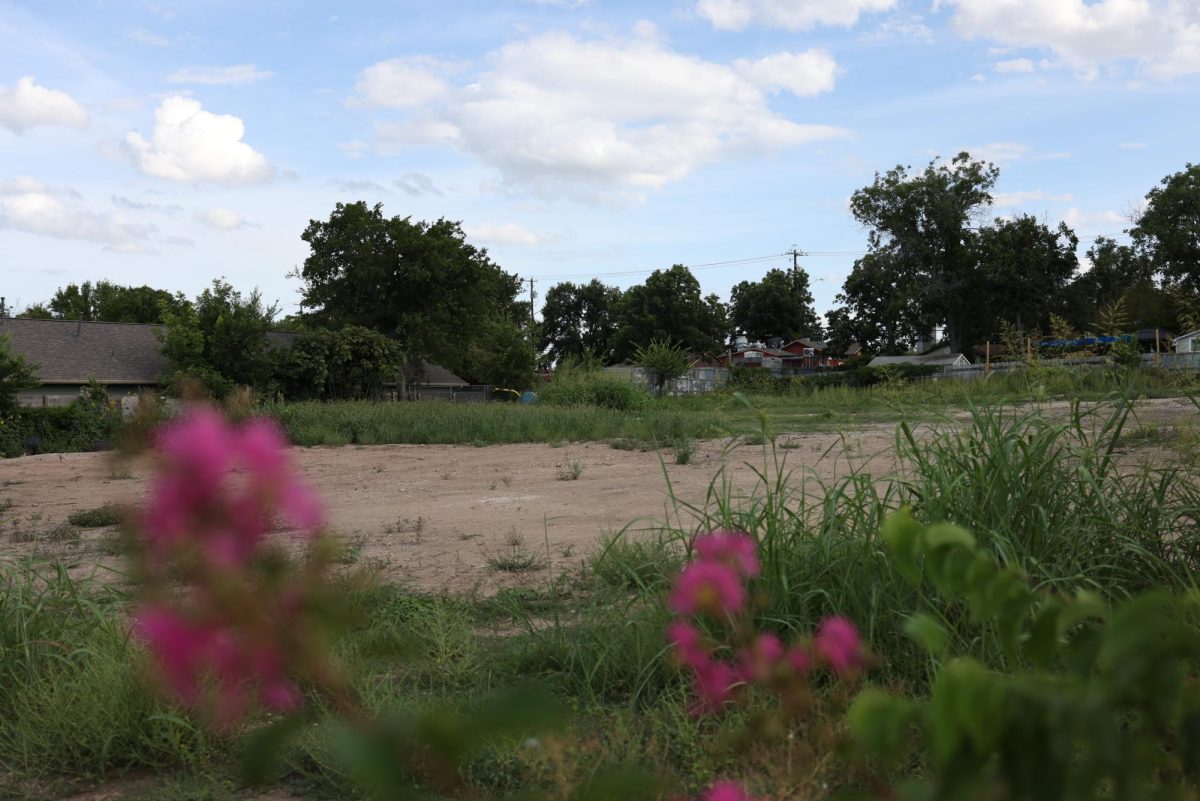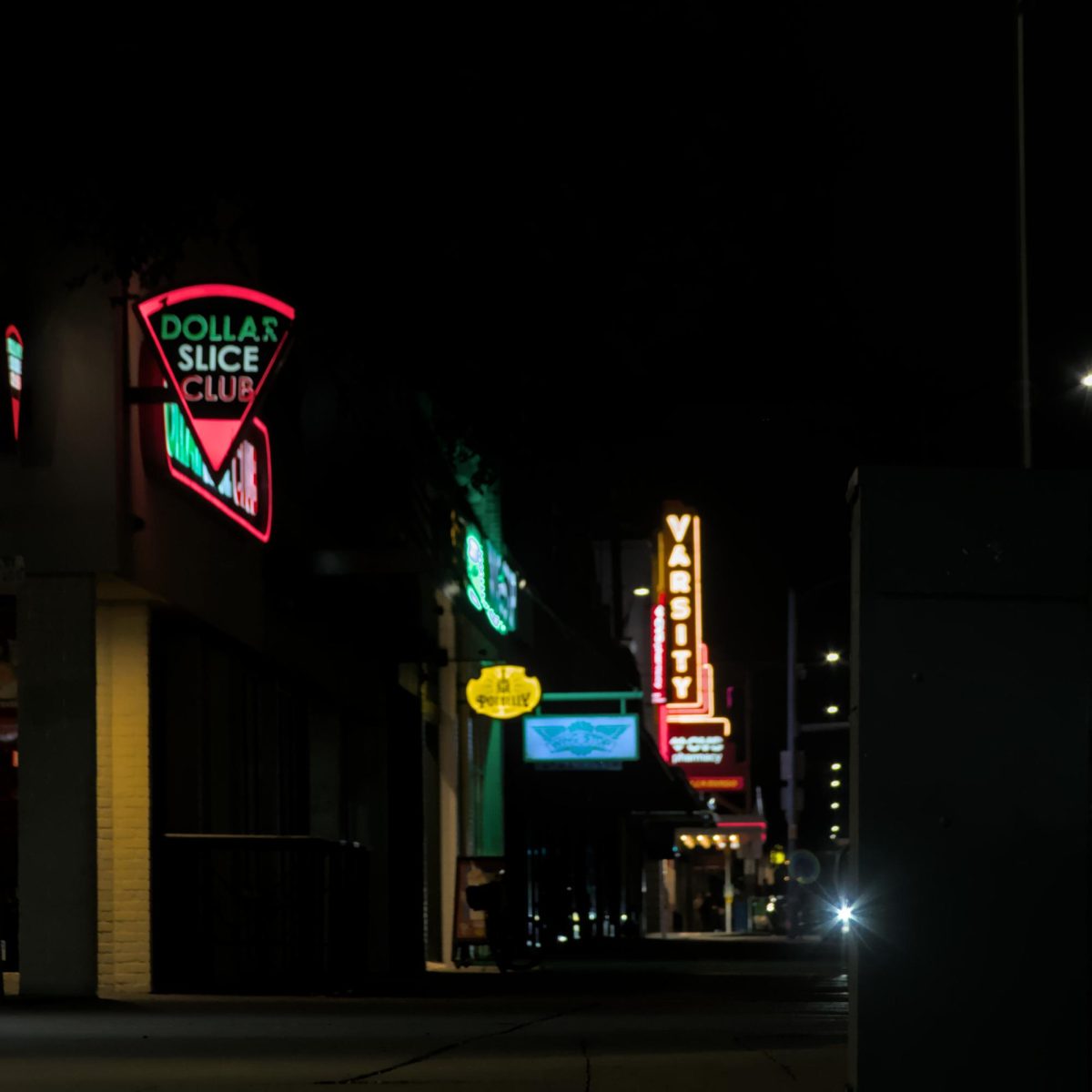Body cameras for police officers would help achieve better policing standards and fairness for citizens and officers alike, according to Lakeway Chief of Police Todd Radford.
“I think we need to have more transparency and higher accountability in policing,” Radford said. “The body cameras are a good start towards equitable justice and fairness for everyone. Body cameras improve the behavior on both sides, not just law enforcement but also on the civilian side, as well.”
Radford spoke as part of a panel hosted by the Public Affairs Alliance for Communities of Color on Tuesday.
Under Radford, Lakeway Police Department was the first in Texas to employ the use of body cameras on officers in 2011. This year, the City of Austin will add an estimated $7 million to the General Fund of the budget to pay for body cameras and their implementation in July, according to Bill Spelman, public affairs professor and former Austin city councilman who moderated the panel.
One issue with the implementation of body cameras is the privacy of individuals involved in policing incidents, according to panelist Jasmyne Gilbert, a representative from Austin Justice Coalition.
“I worked as a privacy officer for the city,” Gilbert said. “I know that it is important to consider instances of domestic violence, for example, where people do not want to be recorded, and the privacy of bystanders. We have to create policy that protects them.”
According to panelist Mukund Rathi, a representative from People’s Task Force and computer science senior, body cameras are not the right solution to the larger issue of injustices in community policing, but rather social movements and better allocation of city funds will make a difference.
“I think that it takes social pressure from people like us … to organize and point out injustice,” Rathi said. “We should also be skeptical to put even more money into the police department’s budget. We should spend it on other budget priorities, for example, funding schools in East Austin, teachers salaries or the fire department.”
Body cameras will not solve all of the problems surrounding police departments, but Radford said, with correct implementation, it is a worthwhile investment.
“It doesn’t change everything,” Radford said. “You have to have appropriate policies to address privacy, appropriate procedures and certain levels of transparency and strong leadership within departments. The body camera does not solve every issue, but it is a helpful tool.”





















